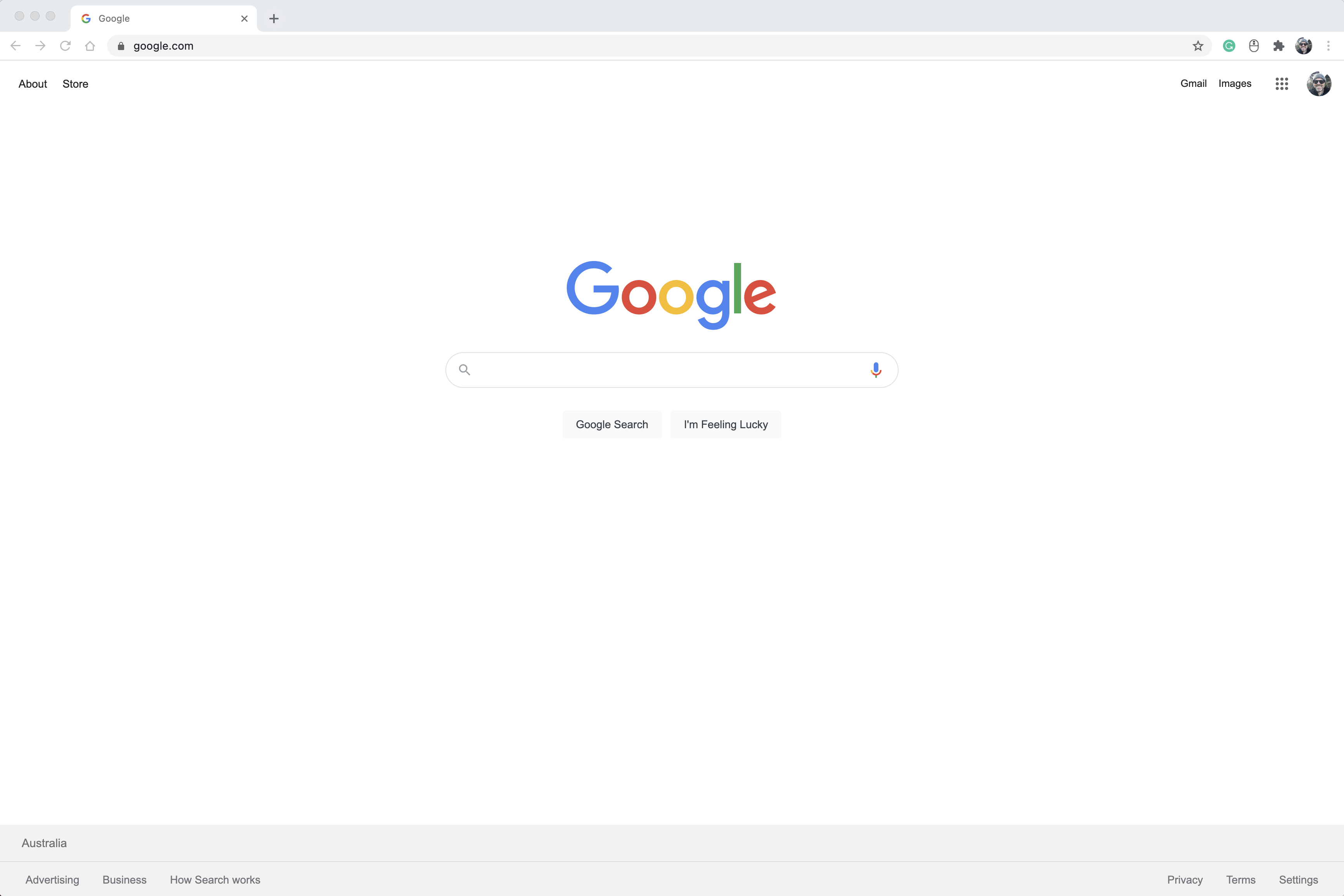When accessing websites on your chosen device you will most likely start by entering a statement, question, company name or product directly into your browsers input field. Then wait for Google to do its thing, which has been continually improved and tweaked over the past two decades.
When accessing websites on your chosen device you will most likely start by entering a statement, question, company name or product directly into your browsers input field. Then wait for Google to do its thing, which has been continually improved and tweaked over the past two decades.
The result is shown to you for no cost!
There will most likely be a couple of Ads at the top of the results which matched your submission and those companies are paying Google to appear there based on your location, keywords, and some other matching criteria. All the remaining information is shown without any form of payment between Google or the displayed websites, youtube clips, images, etc.
So what are the changes currently being discussed in the Australian parliament and how will it affect your businesses results?
To answer this we need to understand how the News is made.
The Creation and Distribution of News
The Australian News Media employees a lot of people (not as many as there once was due to their cost-cutting and the centralisation of News, but that’s for another day) to write and report on current events. Most of these articles are then submitted to AAP (Australian Associated Press) or their own News portals, where they are selected and then syndicated/duplicated on many different websites around the nation.
How we find our News
You may just enter in the name of the city/town you’re in and somewhere on the page you may find a ‘Top Stories’ section displaying snippets of matching stories, as shown below.
These are usually articles taken from websites Google’s AI has deemed as ‘trusted News sources’, due to them meeting a specific number of requirements, including the frequency of their articles, the number of visitors, how long users are on their site, etc.
It is this snippet, that the Australian Government wants Google to pay the News Media companies money for displaying it on a results page. That’s right, the search results page or news feed.
It’s not the full article, it’s a title and part of the first sentence and sometimes a photo. If you do decide to click on the snippet, most Media outlets will be making money on the story once you load the full page/website as they will have either Ads or a pay-wall on the content.
In my opinion, such a change to the search pages results is like a Movie distribution company ‘charging’ a streaming service a fee, every time one of their movies cover/title image appears on someone's home screen.
Making such a radical change to how a search engine works will not only fundamentally change how we search, it will limit the type and number of links that will appear. Will this change mean that in the future Google may need to pay every company who’s ‘Snippet’ appears in a search result?
Why does the Australian Government believe this ‘Snippet’ requires a monetary transaction?
Having previously worked within a News Media company, I know first hand how content is supplied and how much it costs to have access to this information. This charge to the Media companies should cover wages/expenses for the reporter/journalist to write and post to these portals and if changes are to be made, maybe this should be the area of focus?
I know these large News Media companies are constantly losing traffic and revenue but this is reaching too far in the wrong direction for a solution to a changing industry.
Watch the video below or click the following link for more information: https://about.google/google-in-australia/an-open-letter/
What are your thoughts?
Just following up on this article, today Facebook made a bold move to remove/block news content from AU users of it's platform. This move now has a lot of News Media outlets very nervous about who will have quick access to their articles and posts.
This move may also have unintended outcomes, where emergency posts from state fire services and other government departments may no longer make it to the end user.
As the New Media outlets have ridden on the back of Facebook for more than a decade at no cost to them to get readers to their stories, this move will undoubtedly make the Government re-think its new policies.



